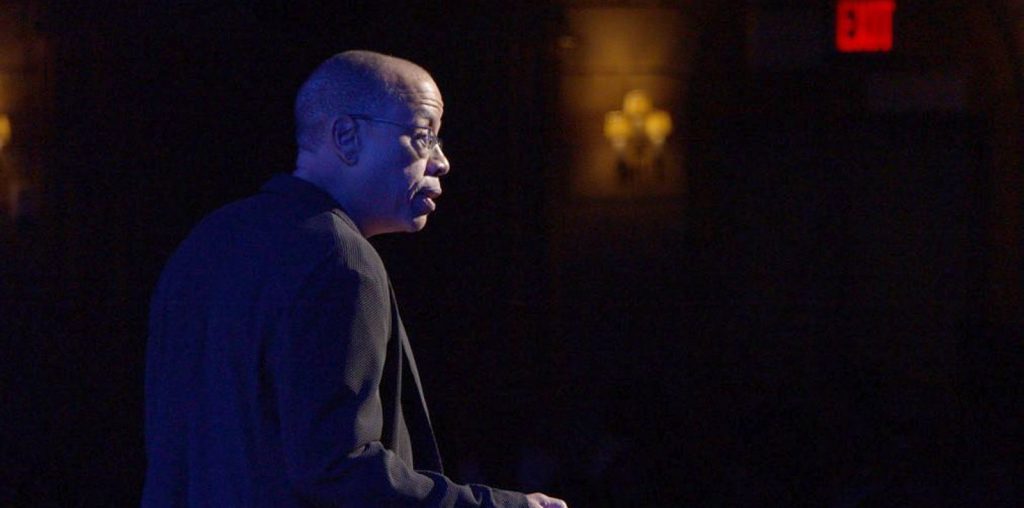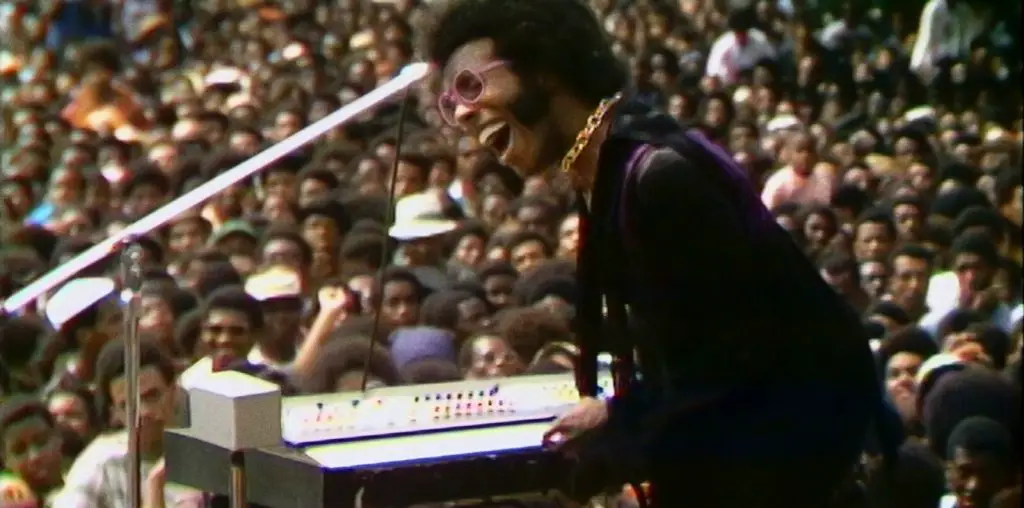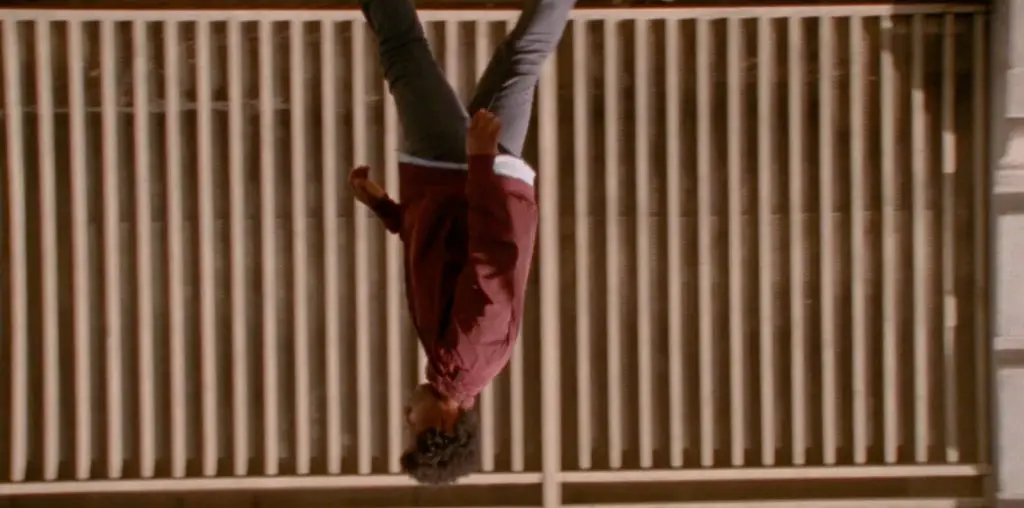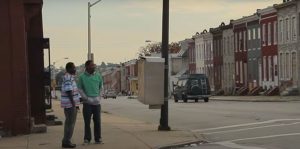
When I was assigned Walking While Black: L.O.V.E Is The Answer to review, I knew from the title I would have a hard time with the subject matter. Not because I don’t believe in the message, but because I’m emotionally, physically, and creatively drained from it. It’s something I’ve literally had to live through every day of my adult life. But pushing past my exhaustion on the topic, there is a lot I want to say about it.
Written and directed by A.J. Ali, the documentary carries on the conversation of the abusive relationship between the Black community and the American justice system. As expected, we get images of the “usual media victims:” Eric Garner, Travon Martin, Sandra Bland, Walter Scott, Philando Castile, and other Black folks who were unjustly murdered, on camera by racist cops who never had to serve one day in a jail cell because a corrupt legal system protected them. But what Walking While Black at least tries to do is go in a different, less predictable direction than you’d expect. It looks at this systematic problem from the point of view of both the victim and ex-law enforcement officers.
Though the testimonials of Black people being harassed and abused by cops and the justice system are pretty common to what we already hear in the media, it was interesting hearing these stories from Black agents, lawyers, and ministers. Lt. Colonel Melvin Russell of Baltimore PD gives a pretty inspiring testimonial of radical changes he’s tried to make in policing Black neighborhoods in his district. Before Russell was in a position to make real change, the stories he tells of being told over and over again by his White superiors that he wasn’t smart enough to be a detective because he was Black, and the adversity he, as a young Black cop, had to put up with within his unit is enraging.
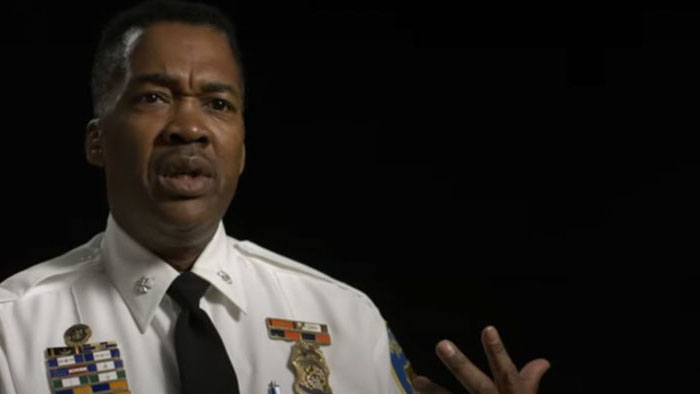
“…carries on the conversation of the abusive relationship between the Black community and the American justice system.”
Another story that really got to me was from Dr. Randall Nixon. He’s a criminal attorney, who spoke of how it’s not just cops who benefit from having a Black arrest on their resume, but prosecutors and judges as well. Again, this is nothing groundbreaking information-wise, but there is something about hearing it from those on the inside who watch as this plays out every single day.
Like any documentary, there is a “main protagonist” whose story is threaded throughout the film. In Walking While Black, that man is Jameel “Zookie” Mcgee, a Black father who was falsely arrested in front of his son and screwed out of four years of life by former Michigan cop Andrew Collins. Both men tell the story of what happened during McGee’s arrest and incarceration. After Mcgee was released from his sentence, he agrees to meet with a now remorseful Collins to talk about what happened. Though it wasn’t easy for him, Mcgee forgives Collins, and the two men have now struck an unlikely friendship.
Contrary to its subject matter, the film’s message is about forgiveness and healing. But I have a problem with this message and messages like this is. Why is it always Black folks having to do the forgiving and turn the other cheek? Why must Blacks always be the “better person?” The officers who spoke out against the problems they saw within the justice system are always kept quiet until it’s time for them to leave.
My issues with the message aside, Walking While Black: L.O.V.E Is The Answer is a well-meaning and well-produced look at the glaring problem of racism in policing. Ali also searches for a hopeful solution to where the relationship between Black people and cops can forge ahead with understanding. Does it bring anything shockingly new to the table? No. But the film is worth the watch to educate yourself.
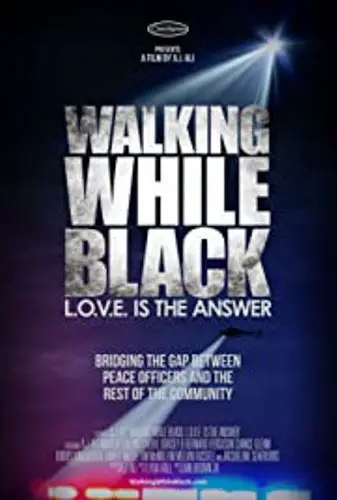
"…the film's message is about forgiveness..."
